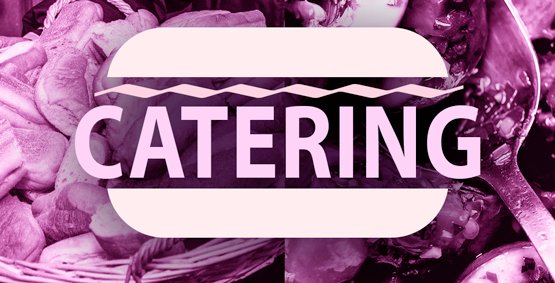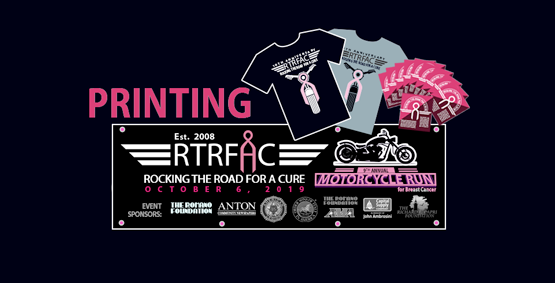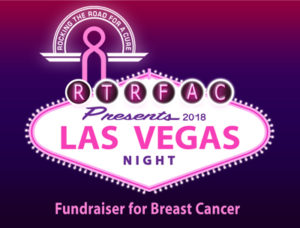





















10AM – Motorcycle Rider


10AM – Motorcycle Passenger

4th Annual LVN for breast cancer
Hot Dinner Buffet, Dessert, Coffee, Tea, Soft Drinks, & Cash Bar


Hot Dinner Buffet, Dessert, Coffee, Tea, Soft Drinks, & Cash Bar

Sorry! Online registration/advance ticket sales are now closed

You may register for the Motorcycle Run at Alley Pond Park on the morning of the event.
Rider and Passenger registration includes general admission to the after party.
VIP Tickets will also be available for purchase at Alley Pond Park.
After Party tickets will be available at the venue
(American Legion Post 1066, Massapequa, NY) starting at 12PM
We look forward to seeing you there!
9AM – Motorcycle Passenger

9AM – Motorcycle Rider


VIP Rider

Adult (17 & Up)
Teenager (13-16)
Children (12 & Under) FREE

Hot Dinner Buffet, Dessert, Coffee, Tea, Soft Drinks, & Open Bar


$25

$25 with 2.2% + 30¢ PayPal Processing Fee Donation

Adult $20 + 88¢ PayPal Fee Donation
Teenager $10 + 59¢ PayPal Fee Donation
Children $5 + 45¢ PayPal Fee Donation

Adult $20 + 88¢ PayPal Fee Donation
Teenager $10 + 59¢ PayPal Fee Donation
Children $5 + 45¢ PayPal Fee Donation

$15

$15 with 74¢ Processing Fee Donation

$25

$25 with $1.03 Processing Fee Donation

$50

$50 with $1.75 Processing Fee Donation

$100

$100 + $3.20 PayPal Fee Donation

